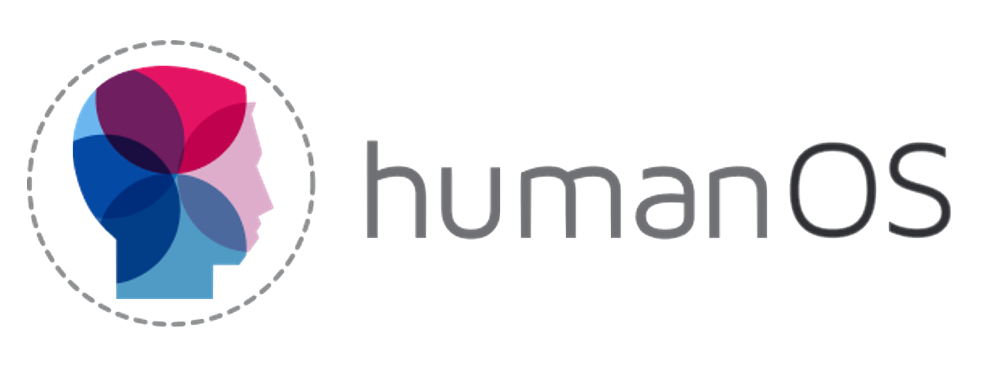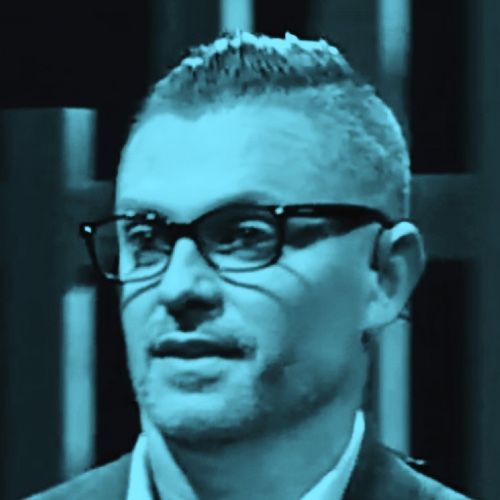#078 - The Align Method - Aaron Alexander
Have you ever wondered what your great-great-grandparents would think of the world today - and how we live - if they were transported here via a time machine?
Our lives have changed drastically in too many different ways to recount here (and most of these changes are, arguably, pretty great to be honest). But for those of us who study health and human biology, our patterns of physical activity is perhaps among the most glaring. Surveys suggest that the average American spends about 13 hours per day sitting, and it is estimated that they typically get around 4774 steps per day. This stands in stark contrast to the tremendous amount of activity that was likely normal for our hunter-gatherer ancestors many thousands of years ago. Indeed, modern humans are not merely physically inactive relative to their own ancestors, but also compared to other free-ranging non-human mammals. And it is likely that we pay a substantial price in the form of chronic disease.
But the impact of our rapidly changing lifestyles probably affects us in other more subtle ways. One interesting manifestation of this is postural stress induced by our interaction with technology, which has been recently exacerbated by the ubiquity of smartphones, tablets, and other smaller digital devices.
A series of photos by the photographer Eric Pickersgill draws this effect into sharp relief. In these portraits, people are shown in otherwise mundane settings and events, only the cell phones that were previously clasped in their hands have been carefully edited out. What is striking about these pictures is the hunched posture assumed by virtually all of these individuals. With the smartphones extracted from the scene, it becomes really clear how awkward and unnatural this pose is. And yet so many of us spend much of our days like this.
Movement and how we inhabit our bodies is an integral part of the human experience, affecting our health, our performance, and our quality of life. And it goes way beyond just exercise.
That brings me to our guest. On this episode of humanOS Radio, Dan speaks with Aaron Alexander. Aaron is a manual therapist and movement coach who has worked with elite athletes, celebrities, and ordinary folks to relieve pain, increase strength, and optimize their movement patterns.
Aaron is a unique guy, with remarkable insight into the fundamental role of body posture and body movement in health and performance. The foundation of his message revolves around what he calls physical inhabitance. Physical inhabitance goes beyond activity - it encompasses the way that you sit, stand, walk, breathe, look, touch, listen, communicate, and generally the manner in which you occupy your body at any given moment throughout the day.
Aaron has authored a newly released book called The Align Method: 5 Movement Principles for a Stronger Body, Sharper Mind and Stress-Proof Life. This book lays out his integrated approach of functional movement and body alignment
Becoming aligned isn’t just about sitting up straight, or working out in a gym, or getting 10,000 steps per day. The Align Method is built around five basic optimizations that can be effortlessly integrated into your day:
-Floor Sitting
-Hanging
-Hip-Hinging
-Walking
-Nose Breathing
To learn more about the Align Method, and how paying attention to your physical inhabitance can enhance your health and performance, check out the interview!



